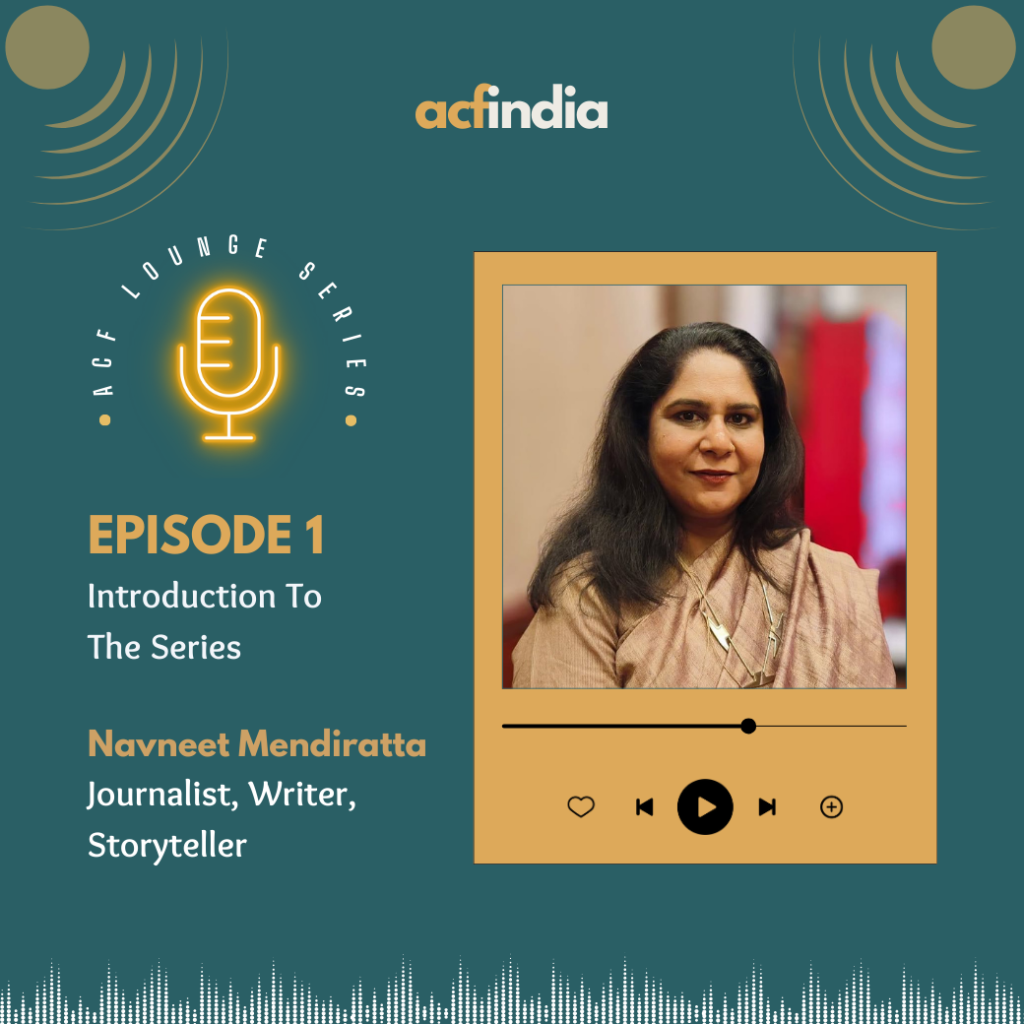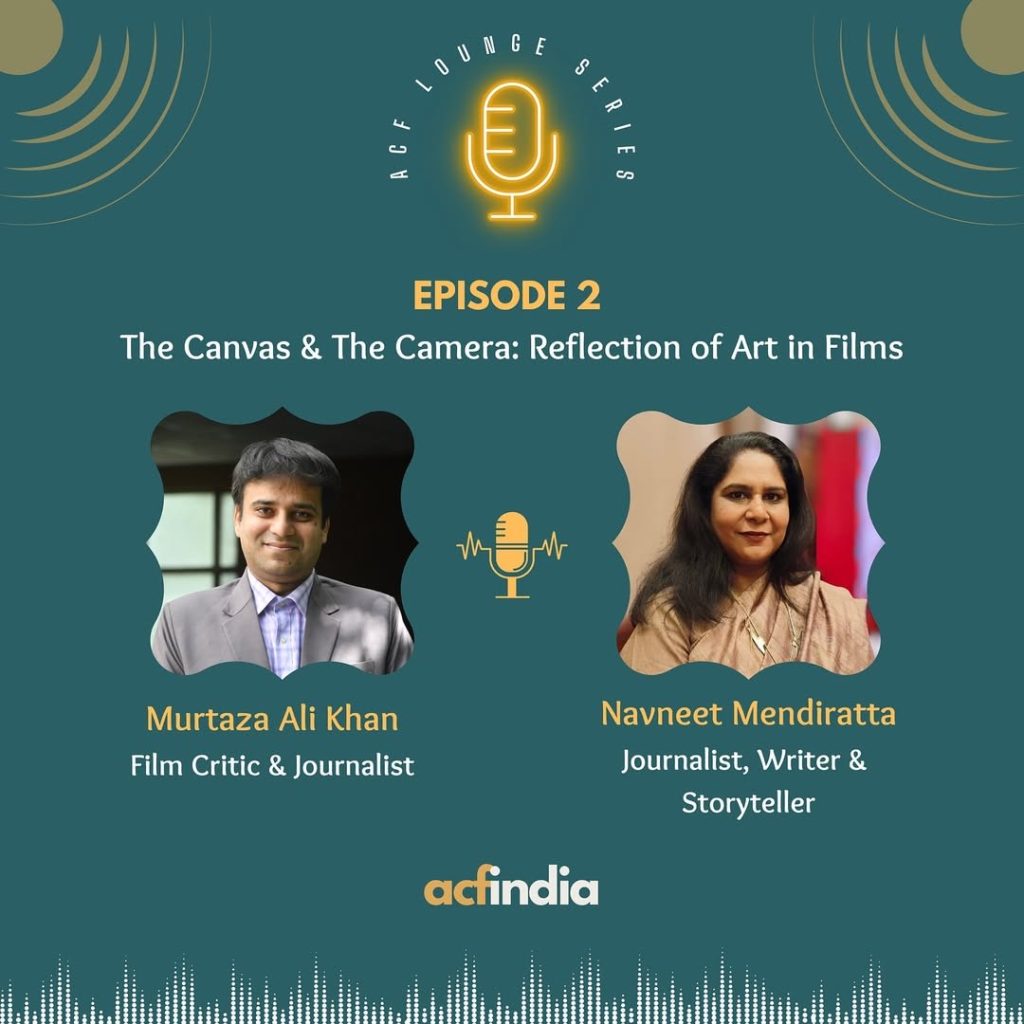By Team ACF
In India, where the chasm between privilege and poverty can turn deadly, ‘Stolen’ lands its punches with frightening accuracy.
Karan Tejpal’s striking debut is a taunting, atmospheric thriller that exposes the brutal truths lurking beneath a society’s fragile surface. Written by Gaurav Dhingra, Swapnil Salkar and Karan Tejpal, this film is a reflection of a society teetering between empathy and madness, exposing the frailties within ourselves.
The story unfolds under the shadowed, flickering light of a remote railway platform in small-town India. Gautham, a privileged, impatient elder brother, waits for his younger sibling Raman, as they plan to head home for their mother’s wedding. The calm shatters as Jhumpa wakes up to find her baby missing. In the chaos, Raman is accused of kidnapping – a suspicion quickly dismissed, but one that sets into motion a terrifying chain of events.
The story’s simplicity masks its deeply layered complexity. What begins as a desperate search for a missing baby, shifts into a searing commentary on social inequality and mob hysteria. Set in the background of a desolate road and a hostile village, they find themselves in a world where justice is handed out by the crowd and appearances can be fatal.
Image credit: Stolen, Prime Video
At the core of Stolen are its raw, unflinching performances. Abhishek Banerjee delivers one of his most compelling performances. As ‘Gautam’, Banerjee embodies a man who is accustomed to control and certainty but gets suddenly thrust into a situation where his authority carries no weight. Watching his character grow from a detached to panicked vulnerability is both unsettling and oddly redemptive. Shubham Vardhan’s Raman acts as the moral heartbeat of the story. Grounded in empathy, he very naturally plays a character who is a sharp contrast to his elder brother. The duo delivers a phenomenal performance with striking authenticity, portraying the unspoken resentment and fierce loyalty between brothers.
Jhumpa, played by Mia Maelzer, is the emotional epicenter of the film. Battling her own haunted past, she portrays a mother desperate to find her missing child. Avoiding the melodrama, Mia delivers a restrained, devastatingly real performance. Her silence as piercing as her cries, her character positions itself as the emotional anchor in the film, otherwise dominated by frenzied suspicion and violence.
The movie is set in a constant state of dread, mirroring a society, quick to judge and quicker to condemn. The scenes in the movie showcase such authenticity in its character portrayal and plot that it echoes real incidents that have bloodied the headlines. It’s an accurate representation of justice in a system rigged against the powerless, revealing invisible hierarchies that govern everyday life. Karan Tejpal does not sermonize but lets the character’s choices and failures ask those questions of him.
Image Credit: Stolen, Prime Videos
What elevates Stolen is its refusal to offer a neat moral conclusion. Who deserves to be believed? Making it a stark commentary on social fracture. The film’s closing moments are unflinching, with immediate crisis finding a resolution while emotional wounds remain. There is no triumphant swell of music or sentimental speeches but the raw portrayal of silence, fatigue and a lingering awareness of injustice.
At just over 90 mins, Stolen is lean, relentless and haunting. Trusting the atmosphere, the film avoids the trap of melodrama and heavy-handed messaging, through performance and raw storytelling. Karan Tejpal’s debut isn’t just a film – it’s a harrowing experience and an urgent social commentary that demands to be felt as much as watched.
Both haunting and heartbreakingly human, Stolen is a must-watch now streaming on Amazon Prime Video.











